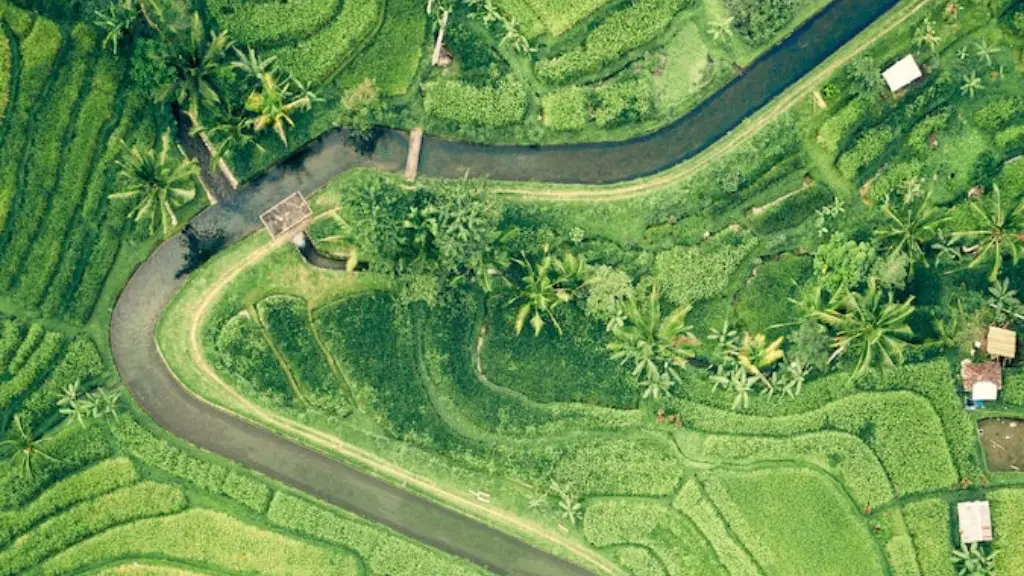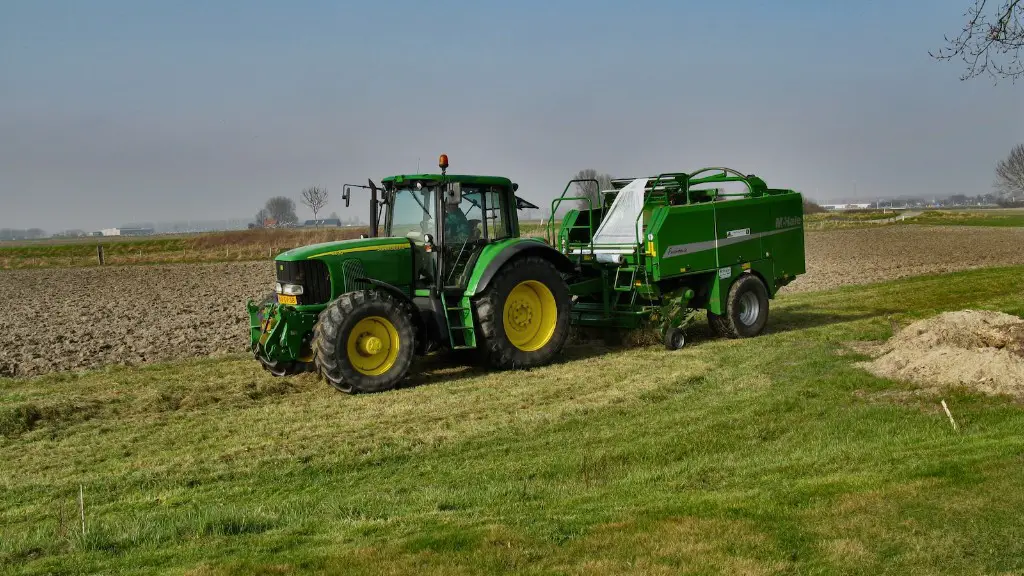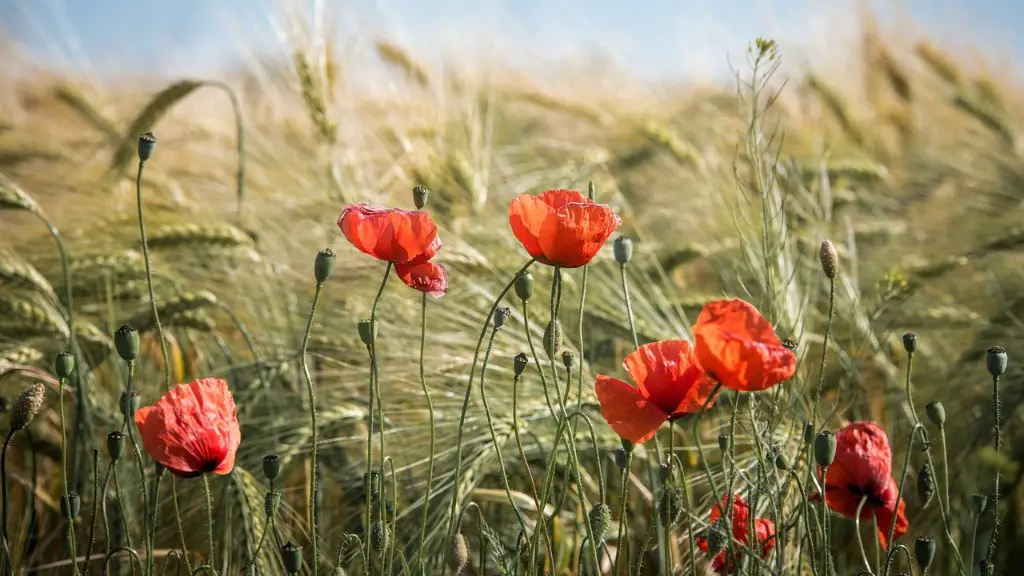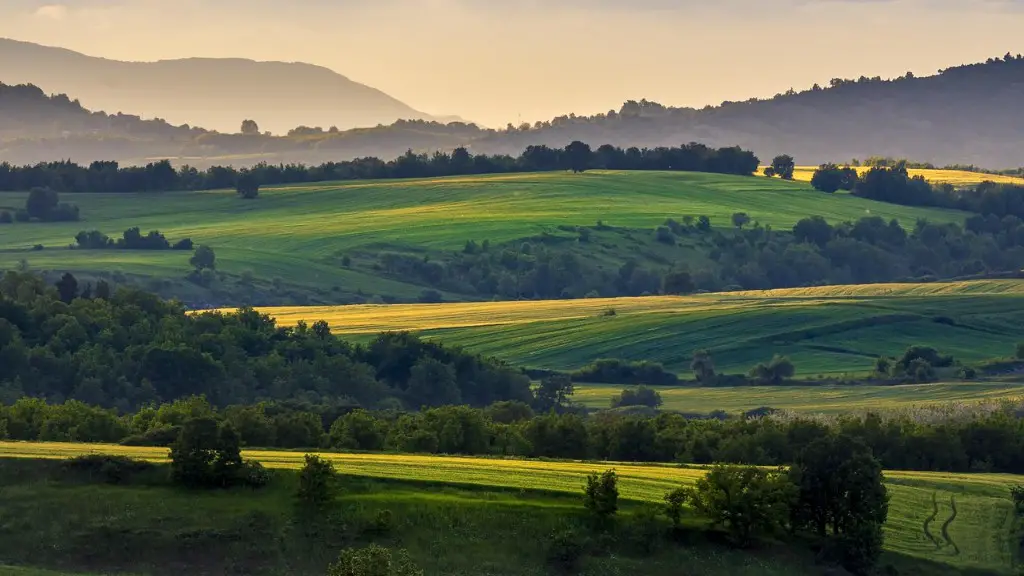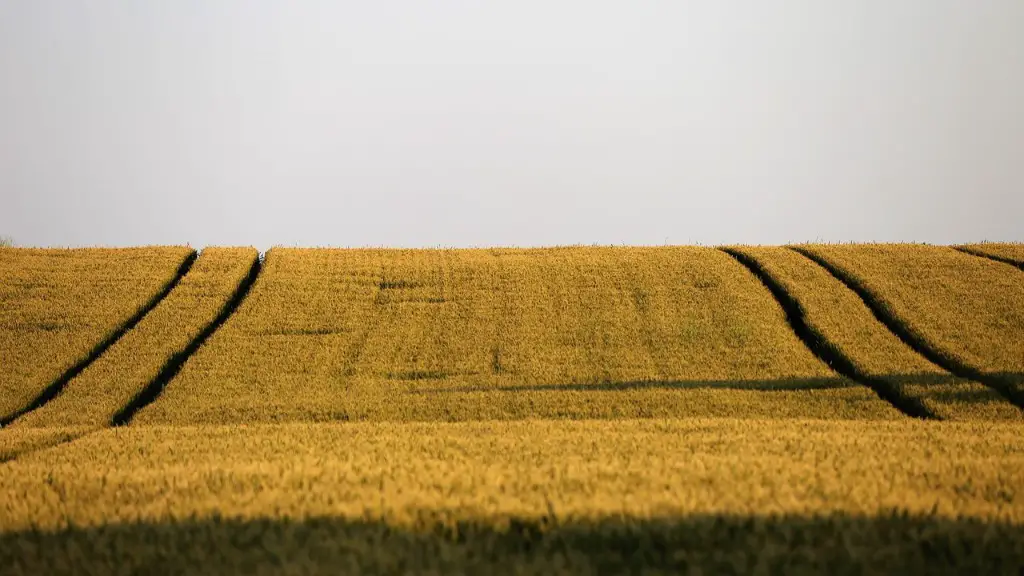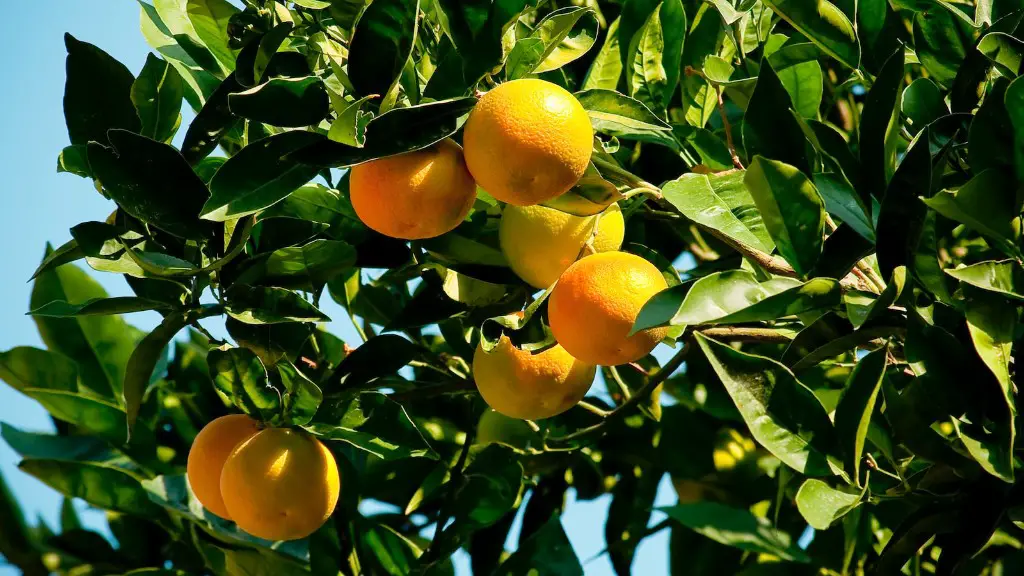The agricultural industry is a major contributor to the global economy, employing millions of people around the world and producing a wide variety of foodstuffs. Agriculture also plays a significant role in the environment, affecting both local and global ecosystems. In recent years, the industry has come under increased scrutiny for its environmental impact, with issues such as deforestation, water pollution and soil erosion garnering attention. As the population continues to grow and demand for food increases, it is imperative that the agricultural industry adopt sustainable practices to ensure the long-term health of the planet.
The agricultural industry has a profound impact on the world. Agriculture is a major source of food, clothing, and shelter. It is also a significant contributor to the global economy. The agricultural industry employs millions of people and generates trillions of dollars in economic activity each year. Agriculture also plays a critical role in the environment. It is a major source of greenhouse gas emissions and a leading driver of climate change.
What impact does agriculture have on the world?
Agriculture plays a vital role in society by providing food, jobs, and raw materials. It supports livelihoods and builds strong economies through trade. Agriculture also provides habitat for many animals and plants.
Conventional farming practices have contributed to climate change, pollution, and depletion of resources. Large-scale, conventional farming typically focuses on intensive single crop production, mechanization, and use of fossil fuels, pesticides, antibiotics, and synthetic fertilizers. These practices have led to increased production levels, but have also had negative environmental and health impacts.
How did agriculture affect society
The agricultural revolution was a game changer for humanity. For the first time, we had enough food to support denser populations and we were no longer tied to our land. Small settlements grew into towns and towns grew into cities. This allowed people to pursue interests other than just worrying about where their next meal was coming from.
Agriculture, food, and related industries play a vital role in the US economy, accounting for roughly $1264 trillion in GDP in 2021. The output of America’s farms alone contributed $1647 billion to this sum, representing around 7 percent of US GDP. The sector provides employment for millions of Americans and is a major driver of economic growth.
Why is agriculture so important in today’s world?
Agriculture is the primary source of food for the world. No matter what you are eating, the ingredients in your meal came from somewhere and most likely came from an agricultural source. Agriculture is important not only for the food supply, but also for the economy and for the environment.
Agriculture is the backbone of any country’s economy and it is important to ensure that it is as healthy and efficient as possible. One way to do this is by increasing biodiversity. This will lead to healthier soil, less erosion, better water conservation, and healthier pollinators. This, in turn, will create a more enabling environment for agriculture to thrive.
What are the 5 major consequences of agriculture?
Soil fertility loss is one of the environmental effects of agriculture. This occurs when the nutrients in the soil are used up faster than they can be replenished. This can happen due to overgrazing, excessive tillage, or the use of un balanced fertilizers.
Eutrophication of water bodies can also be caused by agricultural activities. This happens when there is an overabundance of nutrients in the water, which can lead to the growth of algae and other aquatic plants. This can deplete the oxygen in the water, leading to the death of fish and other aquatic organisms.
Deforestation can also occur as a result of agriculture. This happens when trees are cleared for farmland or pasture. deforestation can lead to soil erosion, climate change, and the loss of habitat for wildlife.
Climate change is another environmental effect of agriculture. Agriculture can contribute to climate change through emissions of greenhouse gases, such as carbon dioxide and methane. Agriculture can also contribute to climate change by altering the land surface, which can affect the amount of sunlight and heat that are reflected or absorbed.
Pesticide pollution is another environmental effect of agriculture. Pesticides can contaminate the air, water, and soil, and can also be poisonous
It is impossible to have a city, stock market, banks, university, church or army without agriculture. Agriculture is the foundation of civilization and any stable economy. A strong agricultural base is necessary for a strong economy.
What are three impacts of agriculture
While agriculture can have negative impacts on the environment, it can also have positive impacts. For instance, agriculture can trap greenhouse gases within crops and soils, or mitigate flood risks through the adoption of certain farming practices. Therefore, it is important to consider both the positive and negative impacts of agriculture when making decisions about its impact on the environment.
Agricultural products and methods vary greatly from one part of the world to another. In general, agriculture provides most of the world’s food and fabrics, including cotton, wool, and leather. Additionally, agriculture provides wood for construction and paper products.
How did agriculture change society and environment?
When early humans began farming, they were able to produce enough food that they no longer had to migrate to their food source. This meant they could build permanent structures, and develop villages, towns, and eventually even cities. Closely connected to the rise of settled societies was an increase in population.
Farming is one of the most important inventions in human history. It allowed people to grow all the food they needed in one place, with a much smaller group of people. This led to massive population growth, creating cities and trade. Agriculture is responsible for the prosperity of many civilizations and it is the cornerstone of modern civilization.
What are pros and cons of agriculture
Agriculture has been a key part of human development for millennia. It has allowed us to domesticated plants and animals, which has in turn led to the development of civilizations. Agriculture has also allowed us to specialize in different roles, such as artists, leaders, and scribes. While there are some downsides to agriculture, such as conflicts over access to food and weather-related damage to crops, the pros far outweigh the cons.
Agriculture is the main source of raw materials for many industries, such as cotton and jute fabric, sugar, tobacco, edible and non-edible oils. Many other industries, such as processing of fruits and vegetables and rice husking, also get their raw materials mainly from agriculture.
How does agriculture affect the economy?
Agriculture is a fundamental driver of the US economy, responsible for a significant portion of the country’s GDP. However, its impact is felt far beyond the farm gate, with related industries like food sales, nutrition research, horticulture, and restaurants all benefiting from the agricultural sector. This broad market creates jobs and drives economic growth across the country, making agriculture a vital part of the US economy.
Other industries that depend on agriculture for raw materials include:
-The construction industry, which uses wood for framing and other purposes
-The textile industry, which uses crops like cotton and flax for fabric
-The food processing industry, which uses agricultural products like grains, fruits, and vegetables
What is the main purpose of agriculture
Agriculture is the key to the development of civilization. It is the process of growing crops and raising livestock for food and other products. Agriculture was the key development in the rise of sedentary human civilization, whereby farming of domesticated species created food surpluses that enabled people to live in cities. Agriculture is a vital part of the global economy and provides the food and other resources that we need to survive.
Agriculture plays a vital role in the Indian economy. It is the main source of income for a large section of the population and contributes a significant percentage to the country’s GDP. Agricultural development is thus crucial for the economic prosperity of the nation.
The sector faces various challenges, such as low productivity, lack of technological advancement, and poor infrastructure. However, the government is taking various measures to boost the sector, such as increasing investment in agricultural research and development, providing financial assistance to farmers, and creating better infrastructure. With the right policies and measures in place, agricultural growth in India will be sustainable and will contribute significantly to the country’s economic development.
Final Words
The agricultural industry has a significant impact on the world economy. In developed countries, agriculture represents a small percentage of the GDP, but the sector is still a major employer. In developing countries, agriculture accounts for a much larger share of the GDP and employs the majority of the workforce. Agriculture is a major driver of economic growth and poverty reduction in developing countries. The sector also plays a vital role in food security, as it is responsible for producing the majority of the world’s food supply.
Agriculture continues to play a vital role in the world today. It provides food for billions of people and contributes to the economy of many countries. Agriculture also has a significant impact on the environment. It is one of the leading causes of deforestation and water pollution.
